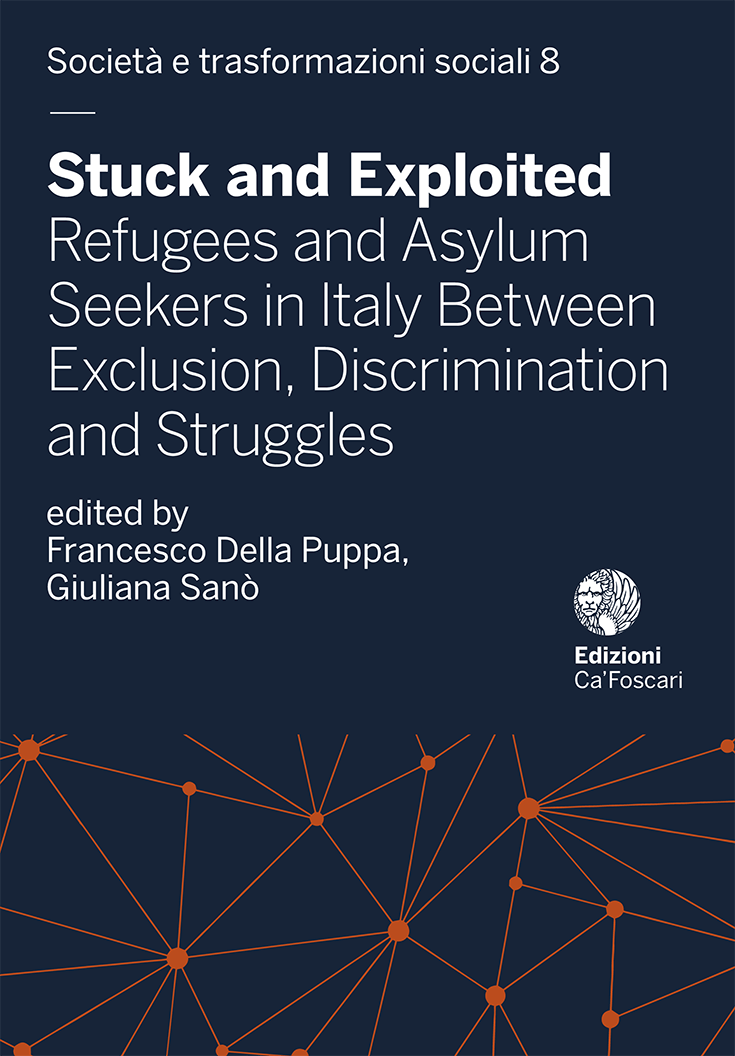- search 328 views
- file_download 23 download
- keyboard_capslock metadata
-
mark_email_readIscriviti alla newsletter
Migrating Alone, Living Together
Reframing Unaccompanied Minors in Italy across Local Bologna Policies and Citizenship
abstract
This paper discusses reception practices for unaccompanied minors in Italy by juxtaposing legislative changes, ideas about and social representations of the condition of minors, contingent events such as the COVID-19 pandemic, and the refugee crisis along the Euro-Mediterranean border. This crisis is particularly key for interpreting migratory processes involving unaccompanied foreign minors because it has framed migrant minors in a morally ambivalent and polysemous way. Of the many formulas and practices involved in minor migrant reception, the analysis focuses on a shared housing project in Bologna called Vesta in which young migrants about to reach the age of majority, a moment that marks a sudden change in their lives, are temporarily placed in Italian citizens’ and families’ homes. Through an anthropological lens, we examine how welfare policies involving citizens and spaces of social relations and cohabitation create commonly overlooked spaces in which intersecting individual and collective claims condition the pathways of young migrants, steering them in the arrival society, and give rise to diverse ideas and imaginaries about family ties.
Keywords: COVID-19 • Italy • Unaccompanied migrants • Domestic space as a part of migrant reception syst
